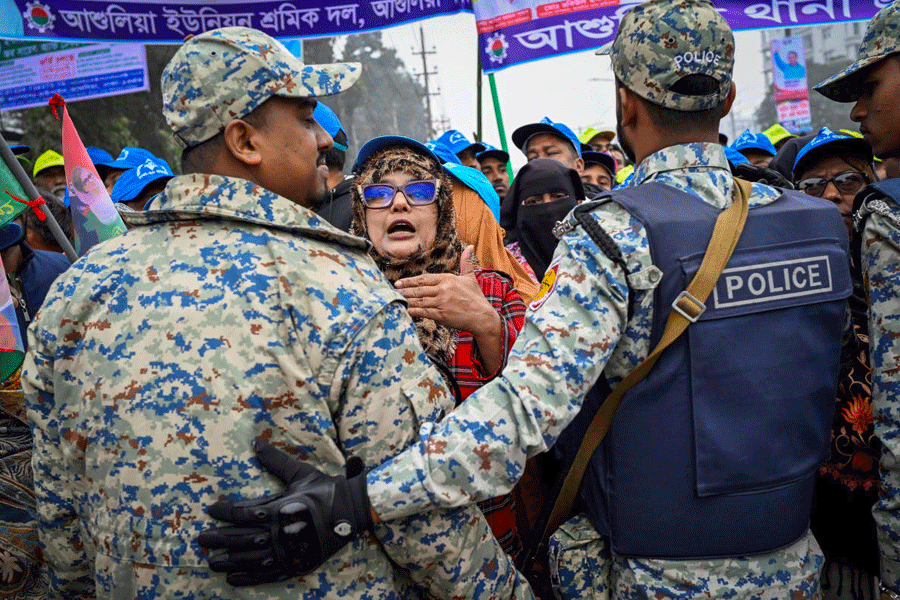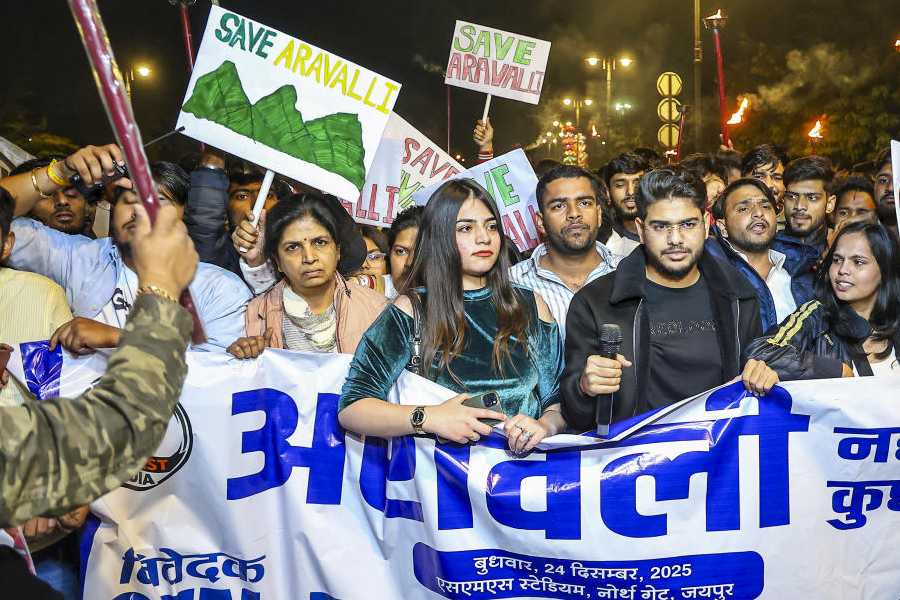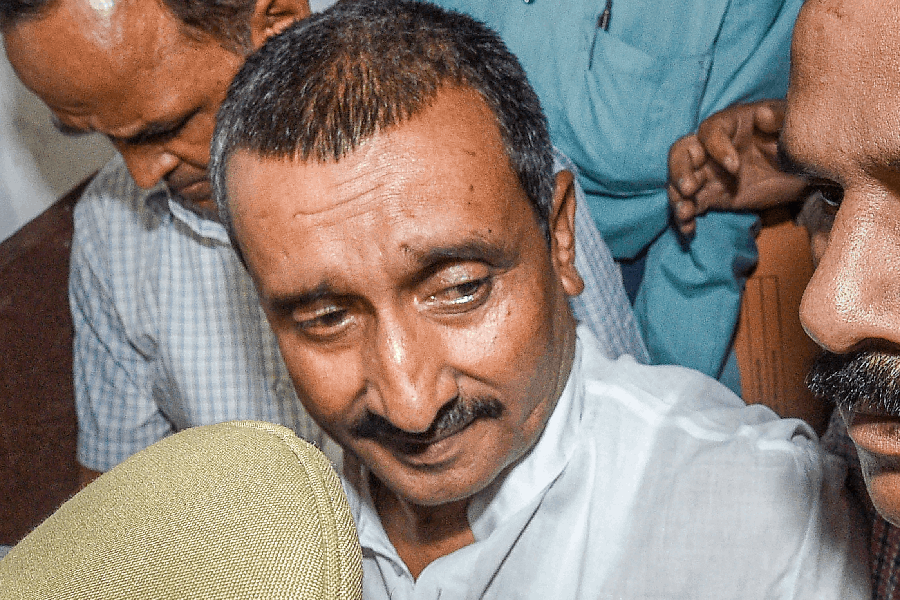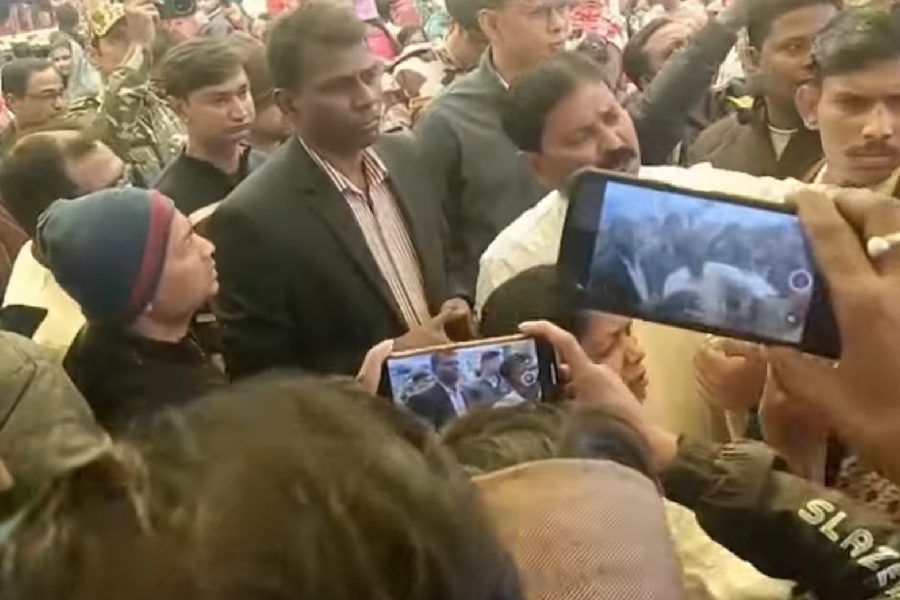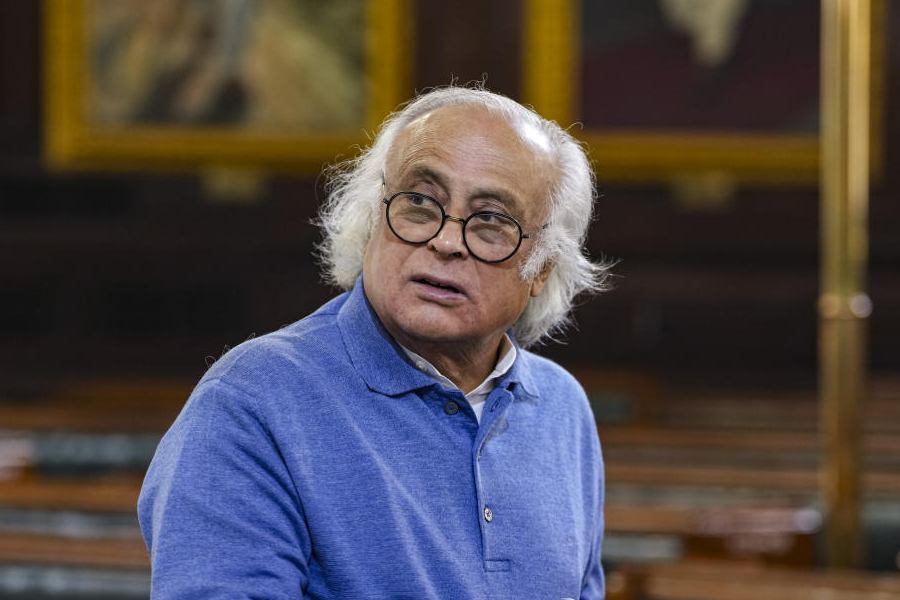It was during the 1996 Bangla- desh election. The Purbani hotel in Dhaka was teeming with journalists from India. One of them, a senior political pundit, remembers with acute embarrassment the way he and other scribes “dismissed” a pollster who wanted to discuss politics with them.
The embarrassment is not because they were discourteous but because the pollster has turned out to be Yashwant Deshmukh of C-Voter, one of the stars of this election. “I would have had some interest if I had known he was the grandson of Nanaji Deshmukh, but opinion polls, who had time for opinion polls!”
He has now, like everybody else. And can ignore them again only at his own peril. This election has made it all too clear that the political pundit has been superceded by the psephologist.
It doesn’t matter if the polls turn out to be wrong. Certainly, all the varying predictions can’t be right (and these have changed so many times that no one can remember who quoted what figure when). But all will claim victory as long as they pointed in the right direction — that is, as long as the NDA fails to win a comfortable majority. Anyway, have you heard anyone discounting the exit poll results for the Lok Sabha elections just because no poll predicted the full extent of the pent-up fury of the Andhra voter?
So it won’t be the Thursday of reckoning for the polls. No one really wants to check the tallies. As Santosh Desai, president, McCann Erikson, wrote in the Business Standard, “The exit poll is interesting because it trembles with accuracy — the very preciseness of its prediction is an open invitation to its own possible demise. The exit poll crystallises all speculation into a single number, which in turn is endlessly speculated upon. The role of the exit poll is not to close speculation, but to multiply it.” The more the polls, the merrier it is.
Anyway, if polls could be so correct, you wouldn’t need to hold elections at all. Imagine how dangerous that could be. So much better to have polls, as something to talk and argue about.
After the fall
Nobody cares for a loser, least of all the media. Especially when it is someone they had built up as a knight in shining armour.
So the knives are really out for N. Chandrababu Naidu, the god that failed. Words of praise — like “Laptop CM,” the “CEO” of Andhra Pradesh, “Cyberabad” — the media had showered on the “model chief minister” till the other day were suddenly laced with sarcasm and ridicule.
True, the results were dramatic enough to merit banner headlines. But the sort of gloating witnessed in Wednesday’s papers, the deliberate mocking of Naidu’s passion for IT in all headlines, could not have owed only to the reversal of his electoral fortunes, however astounding. It was as if the media were atoning for the sin of backing the wrong horse.
Overnight, everybody seems to know precisely what Naidu did wrong: neglected the villages and pampered the cities (though he lost just as badly in Hyderabad), relied more on high-tech than on agriculture (though many of his rural projects were once hailed as “path-breaking”), put more faith in media managers than party workers (as if the media hype was more his fault than the media’s).
In other words, lots of sound but still no light on what lay behind the rise and fall of Chandrababu Naidu.
New meanings
The road to stardom, it is said, is through the director’s couch. What, pray, is the passage to the Rajya Sabha? An intrepid editor, once famous for his “investigation” into a Prime Minister’s finances, has given a new meaning to the word ‘enterprise’ in his bid to the join the chamber of Elders. So, everyone can write a psychophantic piece. There’s hardly anything special in that. Well, what about submitting one’s column to the deputy Prime Minister? ‘Not forgetting other opportunities. The electoral photo-finish for one. What about offering one’s services to rope in a few wandering souls, enough to ensure the elusive figure of 272? If only the news columns were equally innovative.





